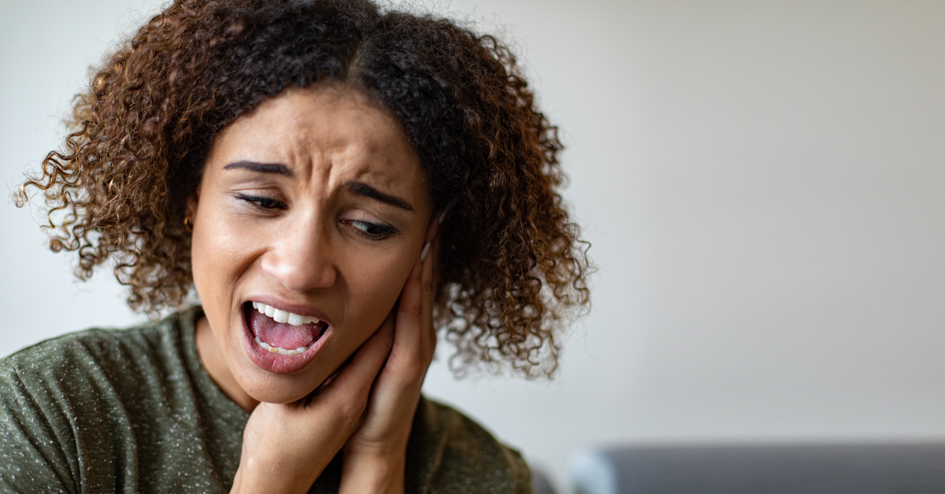
Tips for Dealing with Tinnitus
Tinnitus Week ran from 1-7 February this year during which we ran daily hints and tips on how to deal with tinnitus on our social media. We thought it might be helpful for those of you who missed these daily posts to have all these helpful tips pulled together in one article.
But first, what is tinnitus? It is the perception of noises in the head and/or ear which have no external sound source. For those of us that suffer from the constant or intermittent buzzing, ringing, hissing and whistling, it can be very frustrating and anxiety inducing. Although there is no actual cure for tinnitus there are several tried and tested methods that sufferers have said helped them cope with the symptoms.
Impacted earwax can cause tinnitus or exacerbate symptoms if you already suffer from it. If you tend to be bothered with excess earwax, it’s a good idea to have your ears checked by a specialist. At House of Hearing, we have a unique team of ENT nurse-led wax removal specialists available at any of our clinics, who are able to check your ears, remove any wax build up and advise you on any other ear related issues.
Avoiding or reducing your exposure to possible irritants such as loud noises, caffeine, nicotine and alcohol is a good first step. Caffeine, nicotine and alcohol all cause increased blood flow, meaning the force of your blood increases by dilating your blood vessels. This causes increased blood flow, particularly in the inner ear area.
A powerful coping tool for dealing with tinnitus is sound masking. As you’ve probably noticed, tinnitus can seem worse when you’re surrounded by peace and quiet, so playing soft music, switching on a fan or even playing low level static from a radio can help mask the tinnitus noise. There are lots of apps available to help with this. For something a little different you could try some sounds of nature, like waves on a beach or the trickling water of a stream. Just search online for sound apps or apps for tinnitus if you want to give this a try.
Tinnitus Retraining Therapy (TRT) is a treatment where you retrain your brain not to react to the tinnitus noise as dangerous or stressful (therefore producing a flight or fight response) and instead learn to ignore it. Just like when it starts raining and you notice the raindrops hitting your window then after a while your brain learns to tune the noise out. It works by delivering tones at the same frequency as your tinnitus through a device, to mask the sound and help you learn not to focus on the tinnitus noise. Then relaxation techniques are introduced to help reduce anxiety. TRT can be a powerful tool for many tinnitus sufferers.
It’s accepted thought that stress and anxiety exacerbate tinnitus. It's not easy to reduce your stress levels during a pandemic, and according to The British Tinnitus Association Covid-19 has made tinnitus worse for nearly 50% of UK sufferers. However, it’s definitely worth trying some relaxation techniques such as deep breathing exercises, yoga, meditation, walks, anything that helps you to relax that can still be done in our current lockdown situation.
Support is also important to a lot of tinnitus sufferers. Finding out about any new tips on how you can cope with the symptoms, being able to share your experience with others, realising that there are others going through the same thing and you’re not alone – all of this can help. There are various support groups available around the country, and at the moment you don’t even need to be restricted to a local group as they are meeting remotely, so distance is no object.
If you find that after all these methods that you’re still struggling, then counselling may be the answer for you. At House of Hearing we can check the health of your ears, remove any excess wax that may be making your tinnitus worse and then refer you onto a local counsellor with experience in helping with tinnitus.
We hope that you’ve found some of these tips for dealing with tinnitus helpful. If you would like to book an appointment to have the health of your ears checked, have a comprehensive hearing test or have excess wax removed then please call us on 0131 220 1220. Our Audiologists and wax removal specialists are always happy to just have an initial chat with you over the phone if you prefer.
Our Clinics
All House of Hearing clinics are in town centre locations and accessible to public transport and parking. Home visits also available if mobility is an issue.


.png)
.png)
.png)

.png)
